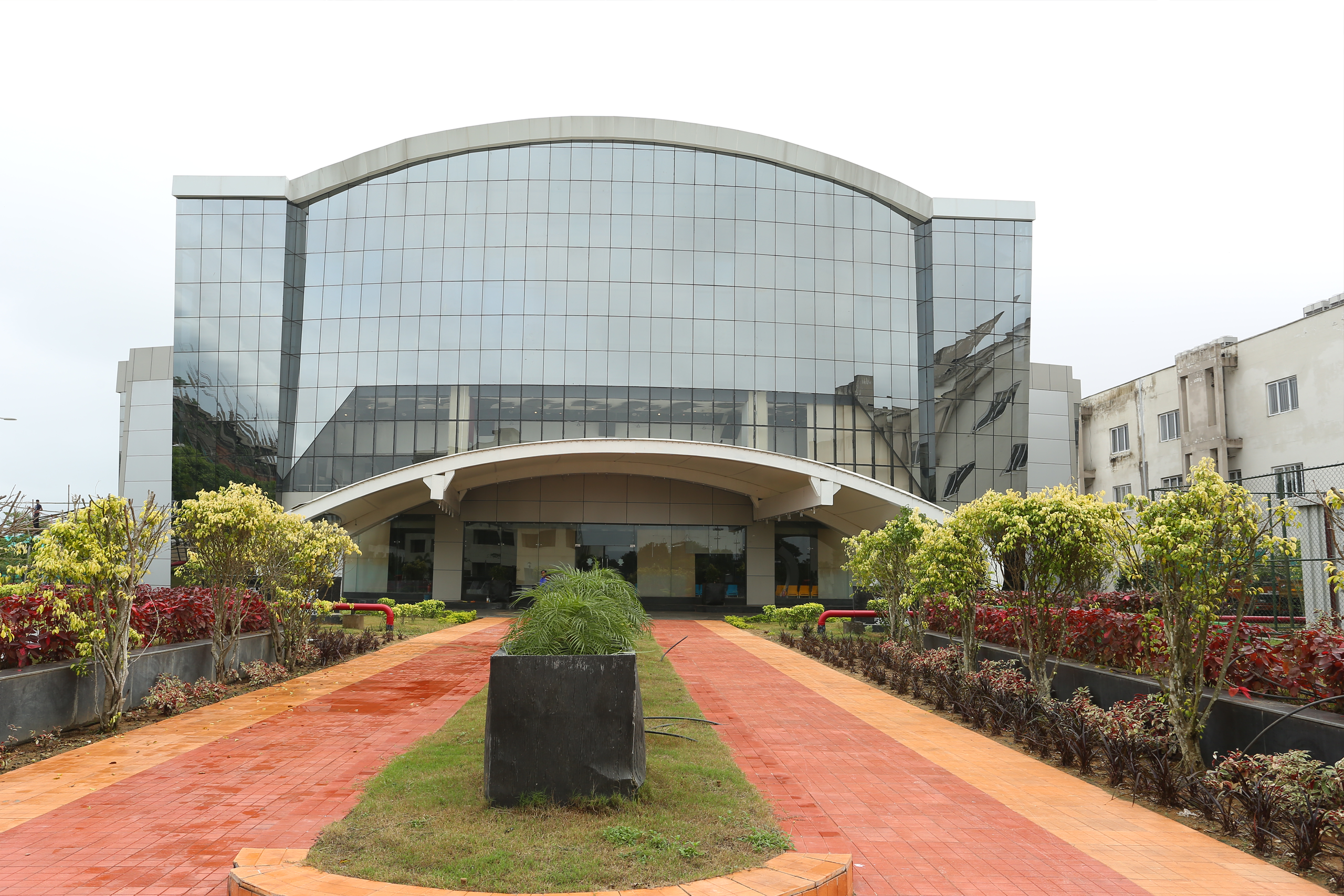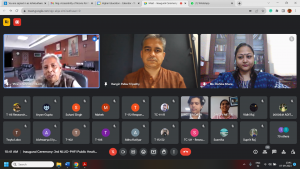“Four Day Grand 3rd National Law University Odisha – Public Health Foundation of India Public Health Law National Virtual Moot Court Competition Concludes 7th to 10th September 2023”
11 Sep 2023
Centre for Public Health Law, National Law University Odisha in collaboration with the Public
Health foundation of India organised its 3rd edition of NLUO PHFI Public Health Law National Moot Court Competition from 7th ?o 10th ?September, 2023. The competition witnessed a participation of 90 teams from universities/colleges/law schools from across India. The moot proposition was based on public health law and its interaction with Intellectual Property Law.
Symbiosis Law School, Pune was adjudged the winner of the competition and Jindal Global Law School was adjudged as Runners up. Award for best memorial was bagged by IILM University Gurugram ?nd the Best Speaker award was given to Gaurangi Pande of Symbiosis Law School ,Pune. A total of Rs. 42,000/- in cash prizes will be awarded to the winners. The event was organised across four days that witnessed engaging arguments and stimulating competition. The judges for all the rounds of the competition included practising advocates, company legal counsels, law firm associates and partners, academicians and serving judges.
The valedictory ceremony and the moot court rounds witnessed dignitaries like Mr. Warren Burke, Senior Attorney, United States House of Representatives, Office of Legislative Counsel; Senior Supreme Advocate Anand Grover; Prof. Shridhar Kadam, Director, Indian Institute of Public Health; Prof. Ved Kumari, Vice Chancellor, NLUO and Dr. Rishika Khare, Co-Director, Centre for Public Health, NLUO.
The moot problem revolved around a complex and multifaceted issue at the intersection of public health, trade secrets, consumer safety, and regulatory authority. It highlights the challenges faced by Apoxia Enterprises Limited, a company that introduced a popular instant noodle product called Wahgi in a rapidly developing country, Etinia, as well as the subsequent allegations against it of health-related concerns and regulatory actions taken by the government.
This case prompts a profound exploration of the balance between a company’s right to protect its trade secrets and the public’s right to information regarding the safety of consumer products. It also delves into the authority and responsibilities of government bodies in ensuring food safety and regulating the market. Additionally, it raises questions about corporate liability for potential public health issues and the role of the judiciary in adjudicating these complex and contentious matters.






